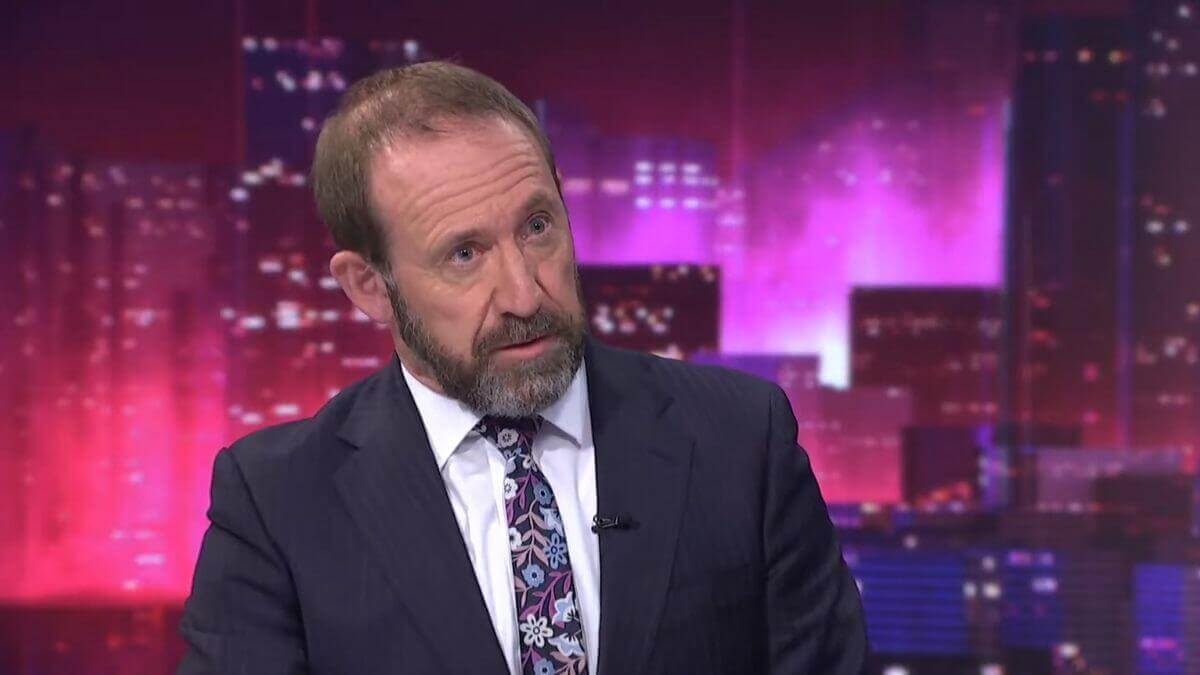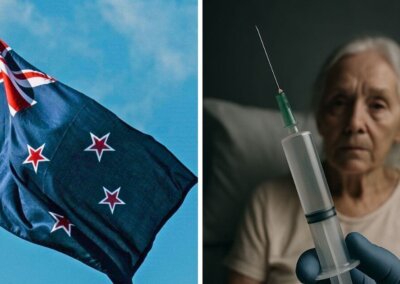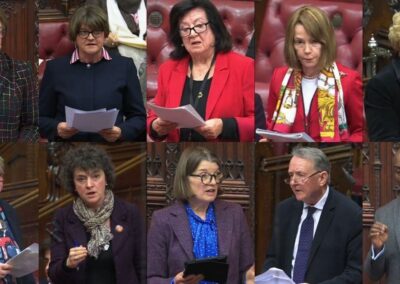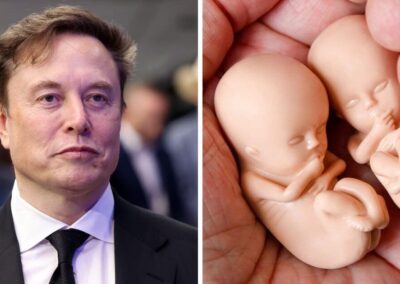(New Zealand Justice Minister, Andrew Little, answering questions on the abortion Bill)
The New Zealand Parliament is set to debate a new abortion Bill which would permit abortion up to the birth of the baby.
The Abortion Legislation Bill, set to be brought before the New Zealand Parliament this Thursday (08/08), will make abortion legal up until birth with the approval of a single nurse or doctor, which could be the abortion doctor or nurse performing the abortion.
The Bill includes proposed amendments to New Zealand’s current Contraception, Sterilisation, and Abortion Act (1977). A new clause added to the legislation states “that a qualified health practitioner may provide abortion services to a woman who is more than 20 weeks pregnant, but this is conditional on the health practitioner reasonably believing that an abortion is appropriate in the circumstances.”
“The health practitioner must have regard to the woman’s physical health, mental health, and well-being when considering whether an abortion is appropriate.”
“Well-being” is left undefined in the legislation, meaning, in effect, that abortion would be available throughout all nine months of pregnancy if a single doctor or nurse agrees to it.
The pro-life group, Voice For Life New Zealand, has described this criteria for late-term abortion, which is left up to the discretion of a doctor on the basis of a woman’s mental and physical health, as “extremely loose and arbitrary.”
If this legislation were to pass, New Zealand would have the most extreme abortion law in the world, essentially permitting abortion throughout all nine months of pregnancy if a doctor or nurse considered it appropriate.
New Zealand Justice Minister, Andrew Little, admitting abortion with the consent of a single doctor will be available up to birth.
There is currently a provision in Victoria, Australia, that allows for abortion between 24 weeks and birth if two doctors agree that the termination is appropriate given the woman’s current and future ‘physical, psychological and social circumstances’.
This is a more specific provision than the ‘well-being’ provision in the proposed New Zealand legislation and requires a higher threshold of two doctors rather than a single nurse or doctor to agree the abortion is allowed under the legislation. As extreme as the legislation in Victoria is, New Zealand’s could be even worse.
Abortion advocates were effective in ensuring the legislation in Victoria did not require full collection of statistics for late-term abortions, making it more difficult to determine the impact that allowing for abortion up-to-birth has had on late-term abortion numbers.
There is limited data collection in hospitals provided in reports from The Consultative Council on Obstetric and Paediatric Mortality and Morbidity.
This data shows that in 2011 there were 195 abortions performed on babies with a ‘suspected or confirmed’ disability after 20 weeks. There were a further 191 performed for ‘psychosocial’ reasons after 20-weeks, and this even included a termination for ‘psychosocial’ reasons after 37 weeks!
This has occurred under a stricter ‘abortion up-to-birth’ provision in Victoria. It is likely that the situation would be far worse in New Zealand under the even looser worded proposed ‘abortion up to birth’ provision there.
It is clear that if this Bill passes, New Zealand will have the most extreme abortion law in the world.
Catherine Robinson from Right To Life UK said:
“We should not be desensitised to the severity of what is being proposed in New Zealand. Children are born at 22 weeks in developed countries and go on to thrive. Abortion at this late stage, and even up until birth, whether in New Zealand or in any other country, is especially barbaric.”
“New Zealand’s Labour party, are attempting to redefine abortion as a health issue. But excluding those rare cases where a mother’s life is genuinely in danger, where the premature removal of her baby is already permitted, abortion manifestly is not a health issue. Being pregnant is not an illness, and it is deeply Orwellian to pretend it is.”












